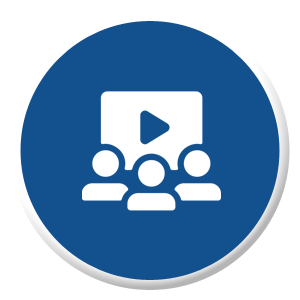Het arrangement 13.1 The doctor - tto123 is gemaakt met Wikiwijs van Kennisnet. Wikiwijs is hét onderwijsplatform waar je leermiddelen zoekt, maakt en deelt.
- Auteur
- Laatst gewijzigd
- 11-05-2025 18:12:25
- Licentie
-
Dit lesmateriaal is gepubliceerd onder de Creative Commons Naamsvermelding-GelijkDelen 4.0 Internationale licentie. Dit houdt in dat je onder de voorwaarde van naamsvermelding en publicatie onder dezelfde licentie vrij bent om:
- het werk te delen - te kopiëren, te verspreiden en door te geven via elk medium of bestandsformaat
- het werk te bewerken - te remixen, te veranderen en afgeleide werken te maken
- voor alle doeleinden, inclusief commerciële doeleinden.
Meer informatie over de CC Naamsvermelding-GelijkDelen 4.0 Internationale licentie.
Aanvullende informatie over dit lesmateriaal
Van dit lesmateriaal is de volgende aanvullende informatie beschikbaar:
- Toelichting
- Deze les valt onder de arrangeerbare leerlijn van de Stercollectie voor Engels voor tweetalig onderwijs, leerjaar 1, 2 en 3. Dit is thema 13 'Health and welfare'. Het onderwerp van deze les is: The doctor. In deze les staat de General Practitioner (huisarts) centraal met daarbij de enkele redenen waarvoor je naar de dokter zou moeten (bijv. injury - verwondingen) en wat de dokter kan doen. De grammaticaopdracht behandelt de 'future'.
- Leerniveau
- VWO 2; HAVO 1; VWO 1; HAVO 3; VWO 3; HAVO 2;
- Leerinhoud en doelen
- Engels;
- Eindgebruiker
- leerling/student
- Moeilijkheidsgraad
- gemiddeld
- Studiebelasting
- 1 uur 40 minuten
- Trefwoorden
- (huis)arts, arrangeerbaar, engels, future, general practitioner, injury - verwondingen, stercollectie, the doctor, tto123
Gebruikte Wikiwijs Arrangementen
VO-content Engels. (2020).
1.1 Introducing yourself - tto123
https://maken.wikiwijs.nl/169502/1_1_Introducing_yourself___tto123
VO-content Engels. (2024).
13.1 The doctor - hv12

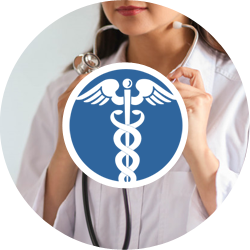 The subject of this period is the GP.
The subject of this period is the GP.

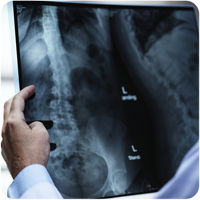

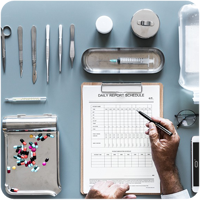
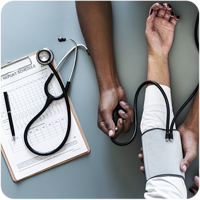 Study the vocabulary. (10 minutes)
Study the vocabulary. (10 minutes)
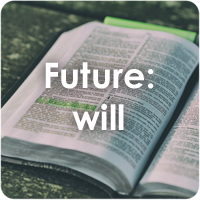

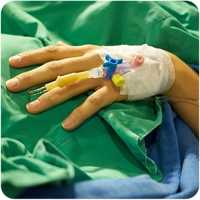

 What have you learnt in this period?
What have you learnt in this period?